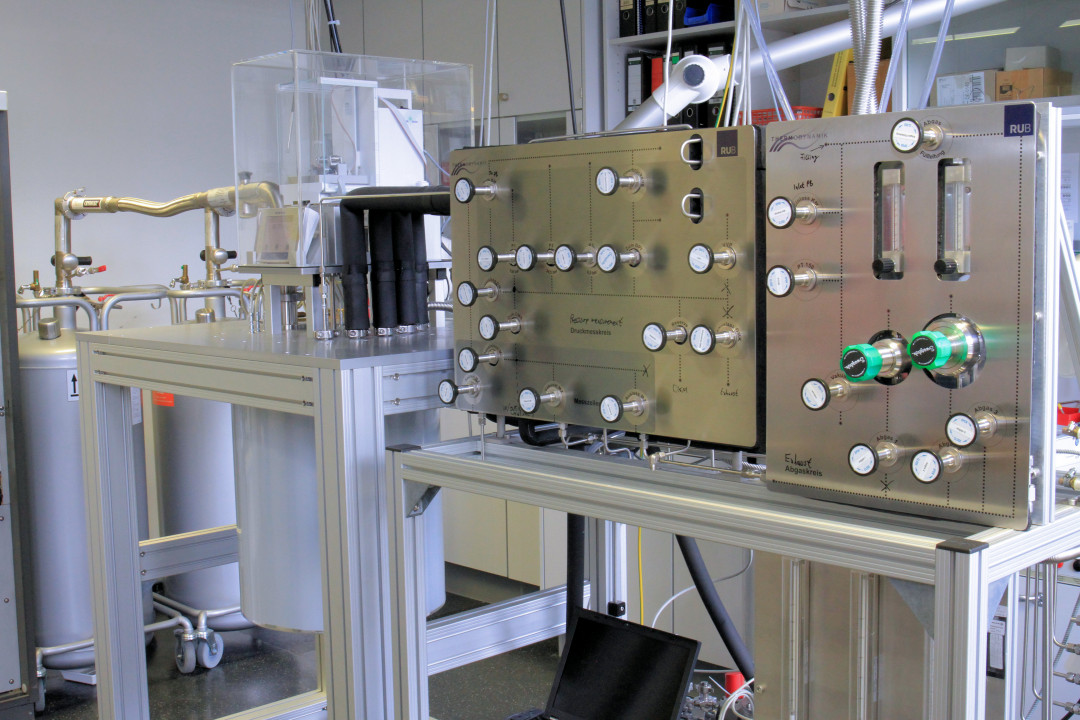
Ruhr-Universität Bochum is involved in a new EU project that aims to show how infrastructures for carbon capture and storage (CCS) can be developed and expanded. The 43 project partners from industry and research, led by the Norwegian research institute SINTEF Energy, are considering and demonstrating the entire process chain from CO2 capture to storage. The European Commission is funding the "COREu - CO2 Routes Across Europe" project with around 30 million euros. Around 400,000 euros of this will go to Ruhr-Universität Bochum. The project is scheduled to start in 2024. The project will run for four years.
Prof Dr Roland Span's Chair of Thermodynamics at Ruhr-Universität Bochum is involved in COREu. The Bochum team will analyse the influence of impurities on the transport of CO2. "Transporting pure CO2 is easy to control," says Roland Span. "Problems arise due to impurities. These can be air components such as argon or nitrogen, or combustion products such as sulphur dioxide." Such impurities change the material properties of the liquid carbon dioxide. Exactly how is still unknown.
Optimising material consumption
"Only if we have such data can we optimise the design of pipelines for CO2 transport, for example," explains Span. If the influence of the impurities is not precisely known, engineers have to increase the wall thickness of the pipelines beyond the usual safety margins in order to be on the safe side in any case. However, this drives up material consumption and costs.
The precise material data models being developed in Bochum will therefore help to calculate the required wall thicknesses more precisely in future, for example. "Our research should therefore ultimately help to minimise the costs of the overall system," explains Roland Span.
Source: Ruhr University Bochum

